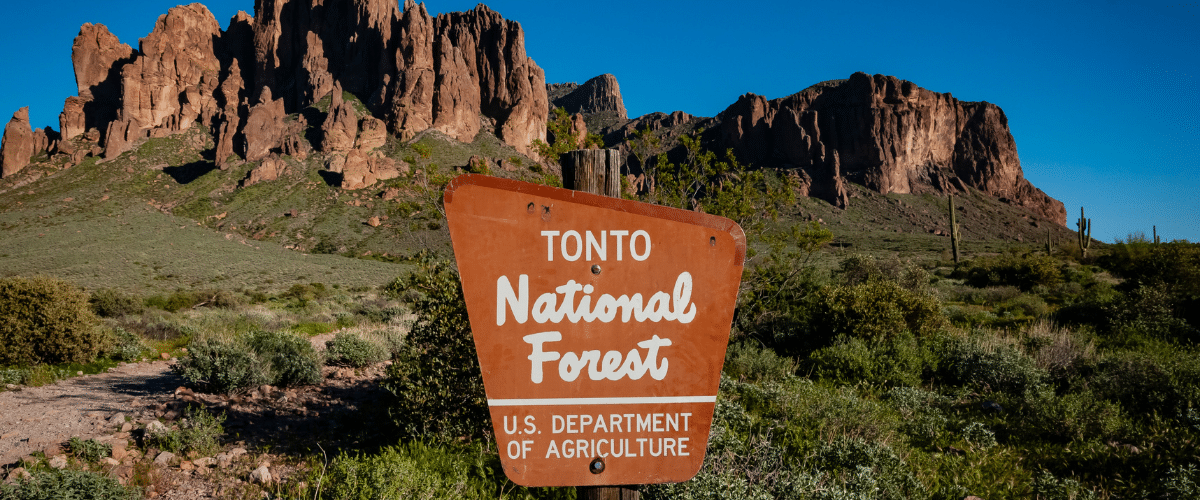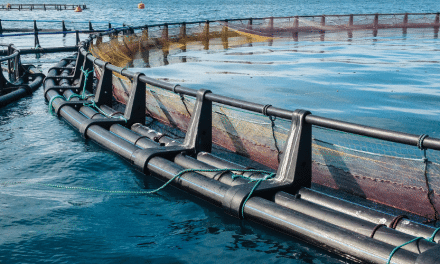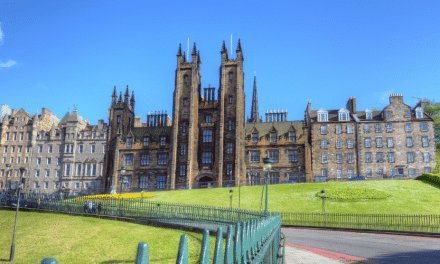By Denise Ho, law student
In its 68th session, the United Nations General Assembly declared March 3rd to be World Wildlife Day. Since 2013, the date has marked an annual celebration of wildlife, bringing awareness and appreciation to the dense ecosystems we cohabit with on this planet.
Each unique ecosystem is like a living individual. They are home to an immeasurable range of species that compose an important part of their foundations. Due to climate change brought about by humanity’s actions, the biodiversity of these dense ecosystems is severely threatened. The population of wildlife is in rapid decline. Last week, World Wildlife Day 2021 reflected this concern: The theme this year was ‘Forests and Livelihoods: Sustaining People and Planet’ and aimed to showcase the indigenous societies living within Earth’s forests. Through their symbiotic relationship with the forests, these communities have established themselves as an essential part of the ecosystem they inhabit.
Thus, World Wildlife Day 2021 seeks to promote the further protection of indigenous people as part of their larger forest conservation efforts.1 However, this World Wildlife Day and its aftermath is overshadowed by the Oak Flat controversy in Arizona, in which an Apache stronghold is set to be transferred to the Rio Tinto Group, a British-owned mining company.2
Chi’chil Bildagoteel, or Oak Flat, is located within the Tonto National Forest of Arizona. This area is sacred to the Western Apache tribes and home to a multitude of endangered species. On January 14, a preliminary injunction was filed by the tribe to stop the impending plans of building a copper mine at this site. At the hearing on February 2, Judge Steven Logan borrowed from earlier case law and stated that it was “the exclusive right of the U.S. to extinguish Indian title…whether it be done by treaty, by sword or by purchase.” The injunction was denied, and Rio Tinto’s ownership of the land was confirmed.
Consequently, Rio Tinto plans to move forward with the construction of their copper mine as the tribe appeals the decision.3 But the tribe was granted a reprieve on Monday, when the Biden administration announced that it was pulling back the environmental review, which allowed the land to be turned over to the mining operation, for examination. The U.S. Department of Agriculture said the examination of whether the environmental review complies with law would probably take several months, delaying any immediate action. The government also plans to consult with Native American tribes about their concerns, as this administration hopes to strengthen relationships with tribal nations. (The environmental review in question was produced in the final days of the previous administration.)
The relevant governmental departments emphasised that there is only so much they can do in this situation, and counsel for the Apache Stronghold group stated that it was merely delaying the ‘execution date’. If the administration’s review does not change the end result, and if the appeal fails, then arguably not only will the indigenous communities that have called the land home for centuries be forced to evacuate, the excavation operations will also result in Oak Flat’s ecosystem being exposed to resulting toxic waste. Furthermore, once the resources have been fully sapped, according to the Centre for Biological Diversity a two-mile wide and 1000-foot crater will be left in the mine’s wake, causing irreversible damage to the forest and rendering it uninhabitable.4
The Rio Tinto Group has published a more optimistic environmental impact statement. It claims that the mining activities will only cause harm to soil quality and leave all other parts of the ecosystem untouched.5 However, such a statement arguably disregards the fragility of ecological balance and the fact that the disruption of one single factor will cause a trickle-down effect of damage through the rest of the ecosystem.
In 1972, the Rio Tinto Group began the development and operation of a metal mine in Papua New Guinea. The Human Rights Law Centre claims that, despite an agreement in which the Group promised to ensure no serious damage to the surrounding environment, the Group’s activities devastated the area. According to the HRLC, to develop the mine alone, the mountain range was levelled, and Agent Orange was used to clear 220 hectares of forested land. The resulting waste as well as the chemicals produced during the mining process were dumped into the surrounding waterways, poisoning and wiping out the aquatic life and leaving the indigenous population with no access to drinking water.6
The Group’s actions demonstrate an entitlement to the environment, but such commodification of ecosystems should, in this author’s opinion, no longer be tolerated. The injunction symbolised a crossroad in which lay an opportunity for a paradigm shift, and instead the disappointing and myopic decision perpetuates prevalent environmental destruction. With the lower court’s confirmation of the acquisition of Oak Flat, the message of this year’s World Wildlife Day becomes increasingly important, as we wait to see what happens next.
1 World Wildlife Day, ‘About’, Available at: https://www.wildlifeday.org (Accessed on: 30/01/2021)
2 Douglas Main, ‘Sacred Native American Land to be Traded to a Foreign Mining Giant’ (2021) National Geographic, Available at: https://www.nationalgeographic.com/environment/article/oak-flat-exchange-arizona-sacred-site-mining-company (Accessed on: 12/02/2021)
3 Apache Stronghold v United States of America [2021] No. CV-21-00050-PHX-SPL
4 Center for Biological Diversity, ‘Oak Flat’, Available at: https://www.biologicaldiversity.org/campaigns/oak_flat/ (Accessed on: 13/02/2021)
5 Tonto National Forest, ‘Environmental Impact Statement Tonto National Forest Plan’ (1985)
6 Human Rights Law Centre, ‘After the Mine: Living with Rio Tinto’s Deadly Legacy’ (2020). Available at: https://static1.squarespace.com/static/580025f66b8f5b2dabbe4291/t/5e7d7cce47c7f816da86005f/1585282297310/AfterTheMineRioTintoDeadlyLegacy.pdf


















